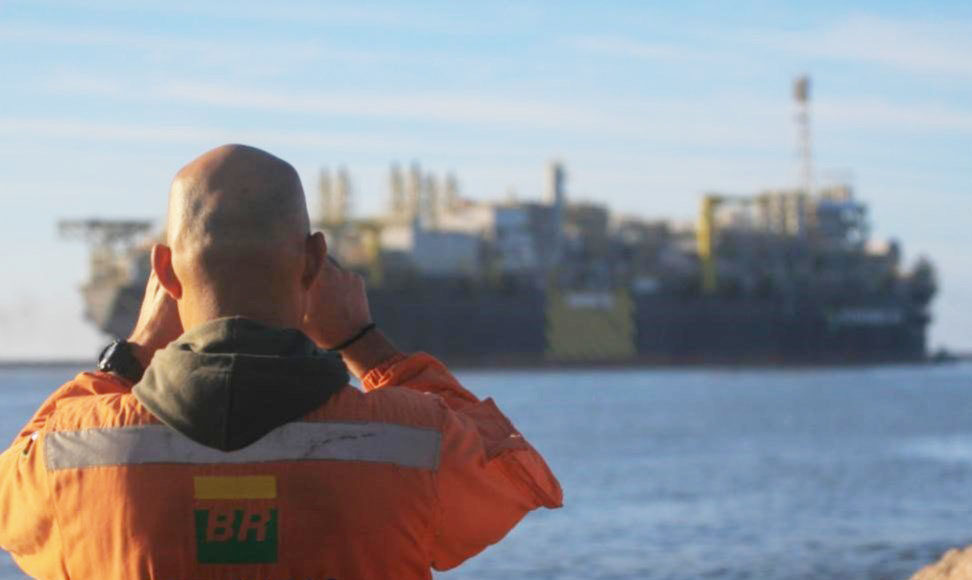Brazil is facing intense competition for oil investments from countries around the globe, including neighbors Guyana, Suriname and Uruguay, and policy makers in Latin America’s biggest economy are now hammering out a new regulatory and production-sharing framework to make the nation’s business environment more attractive to investors.
At a webinar attended by major stakeholders last month, Decio Oddone—CEO at Brazilian independent producer Enauta—told the gathering, “We need to prioritise…there is competition between different countries around the world to put the right framework in place to enable future oil and gas projects… continuous improvement in the regulatory process is important.”
Oddone is seen as an influential advocate for the reformation of Brazil’s licencing and production-sharing regime. As a former director general at the nation’s National Petroleum Agency (ANP) from 2016-2020, he is credited for ushering in a more flexible regulatory environment, and he believes Brazil needs to do even more to attract and keep investors in its oil industry.
Guyana and Uruguay both plan new rounds of licencing sales in 2021, and stakeholders in Brazil’s oil are acutely aware that investor-interest in Guyana has surged since last September when the nation approved ExxonMobil’s Payara development—the company’s third project in the prolific Stabroek Block. Payara is expected to yield up to 220,000 barrels of oil per day after startup in 2024.
Oddone is urging Brazil’s Congress to implement new, flexible incentives to woo investors sooner rather than later. In his view, potential investors were turned off by a five-year delay in licensing sales as Brazil implemented its subsalt production sharing regime, which undermined the country’s resource development before its planned transition to a low-carbon environment.
The movement for policy reform for licensing and regulation gained momentum after Brazil’s poor results from its sixth subsalt production sharing auction and first transfer-of-rights sale in November 2019. Many international oil companies opted out amid complaints that signing bonuses were too high and contracts were overly complicated.
Licencing activities in 2020 were shut down until December because of the coronavirus pandemic, but when the ANP held the second cycle of the Open Acreage programme on December 4, just a single offshore block was sold out of the 35 on offer. This lack of investor interest led to even more calls for a complete overhaul of Brazil’s licensing terms.
Since then, Mines and Energy Minister Bento Albuquerque has confirmed that Brazil’s Congress has decided to consider making bold changes to the nation’s production-sharing regime, in particular, whether the ANP should sell exploration and production blocks under more flexible production sharing or concession models, and also implement additional reforms in 2021 as the agency sees fit.
Under a New Gas Market policy implemented in 2019, Brazil underscored its commitment to open markets and the development of a strong environment for small- to-medium-sized companies. In this way, the nation hopes to meet the challenge of competing licencing and production-sharing regimes of other players in the global oil market—including its neighbours Guyana, Suriname and Uruguay.




